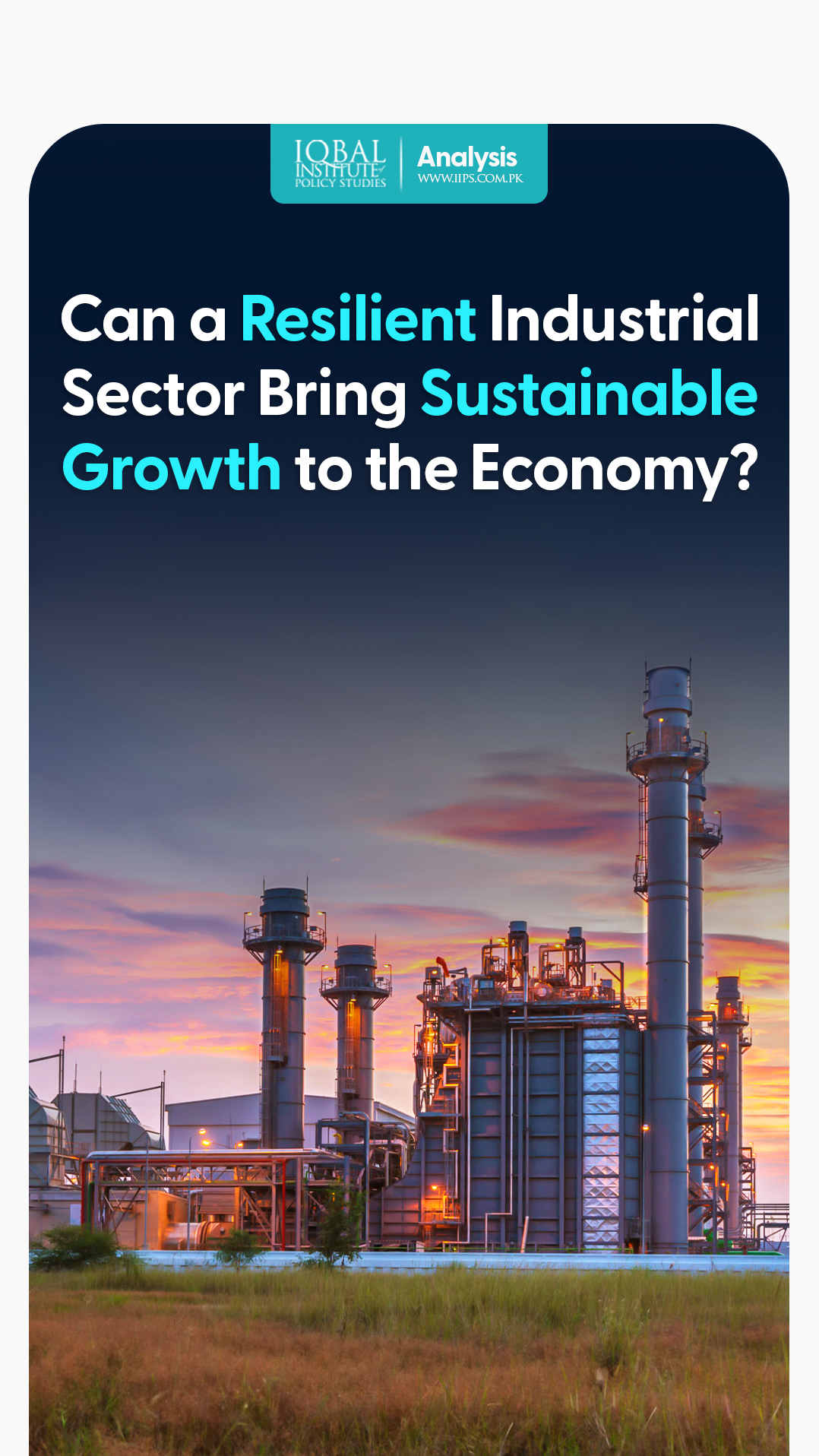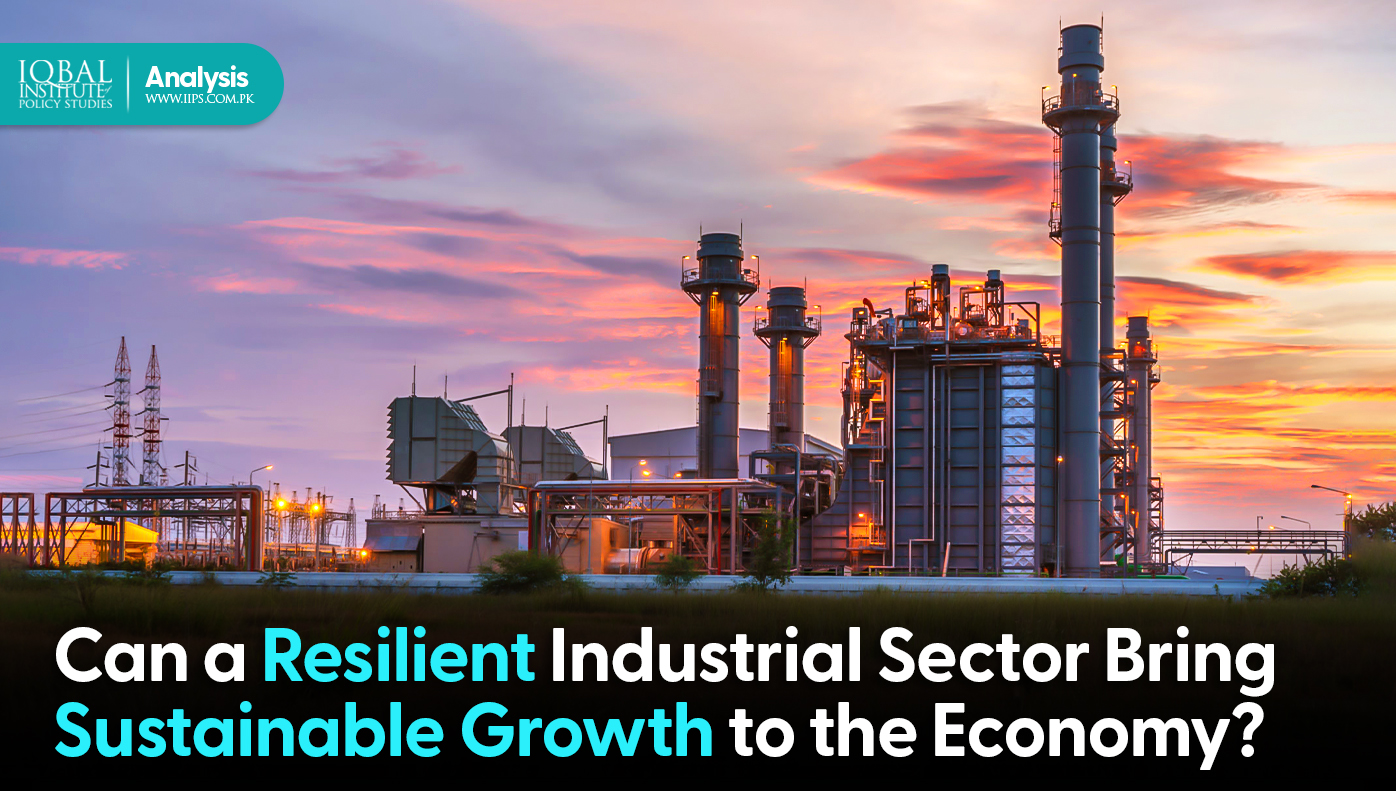Industrialisation plays a significant role in the economic development of Pakistan by making efficient use of the country’s scarce resources.
It escalates the quantity and quality of goods manufactured and creates employment opportunities in small- and large-scale industries, contributing to the Gross National Product (GNP) and expanding productivity and community income.
The industrial sector promotes investment, increases tax revenue for the government, attracts foreign direct investment, enhances technology transfer, and motivates foreign companies to enter Pakistan through joint ventures. Industrialisation changes the pattern of foreign trade in the country.
It increases the export of manufactured goods, which are more profitable in foreign exchange and improves the balance of payment through export orientation and import-substitution effects.
Given the importance of industrialisation, the government has taken several steps to increase industrial expansion in the country. The industrial expansion aims to stabilise the economy by boosting economic growth, eliminating unemployment, and improving people’s living standards.
It will benefit the local business community and improve national income by producing various consumer goods in large quantities at a lower cost. An increase in the quantity and quality of consumer goods will significantly contribute to the economy.
The current government has also made a significant move by promoting “Made in Pakistan” products at the international level that played an important role in the nation’s development. Due to the reliance of economic growth on industrial development, such government policies will strengthen the economy.
Inclusive and sustainable industrialisation can raise the industry’s share of employment and Gross Domestic Product. Therefore, the government’s support for industrial activities is critical for sustainable economic development and achieving the World Bank Group (WBG)’s twin goals, eliminating extreme poverty and boosting shared prosperity.
Industries and their supporting infrastructure promote industrial competitiveness and trade, create jobs, catalyse investments and bring technological advancement into the country. However, poor industrial infrastructure and increased frequency and intensity of extreme weather conditions threaten industrial activities and confer economic benefits.
To minimise these risks, the government must mainstream disaster risk management and build greater resiliency to attract investment and promote industrial competitiveness against the increasing impacts of climate change.



Leave a Reply